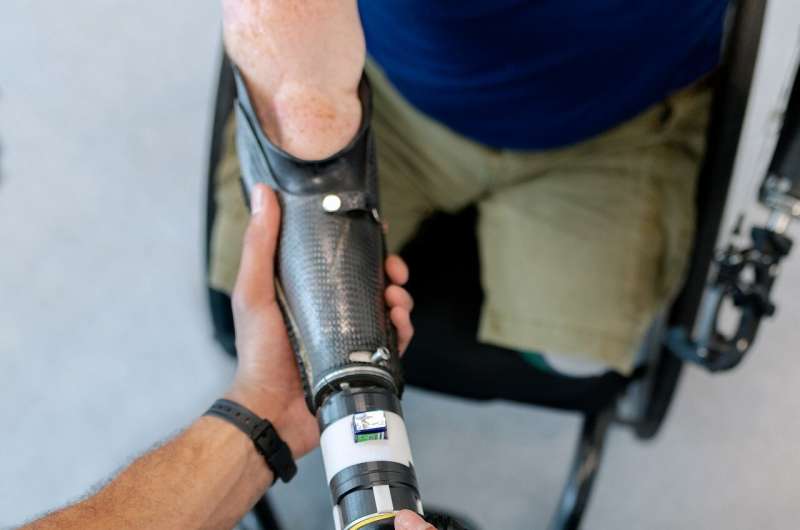Rural Hospitals Cease Delivering Babies: The Difficult Choices Facing Patients

Many rural hospitals are closing their maternity units, forcing women to travel long distances for childbirth, which poses health, emotional, and financial challenges. Learn about the impact on communities and potential solutions.
In many rural communities across the United States, hospitals are shutting down their maternity units, forcing expectant mothers to face increasingly challenging decisions regarding their childbirth options. Sophie Hofeldt, who lives just 10 minutes from her local hospital, intended to receive prenatal care and deliver her first child there. However, due to recent closures, she must now make a 90-minute drive to the nearest hospital, significantly impacting her and other families.
Her hospital, Winner Regional Health, recently closed its labor and delivery unit, reflecting a troubling trend among rural healthcare facilities. Since 2021, over 100 rural hospitals have stopped offering childbirth services, majorly attributed to staff shortages and financial struggles. In South Dakota, for example, more than half of the counties lack local birthing facilities, heightening risks for pregnant women, especially those from Black or Native American communities who already face higher complication and mortality rates.
For women like Hofeldt, longer travel distances mean increased expenses for gas, childcare, and potential lost wages due to time off work. Hofeldt fears she might have to give birth in her car, a situation she considers unsafe and stressful. Many expecting mothers need to schedule inductions or plan their labor around transportation constraints, as unplanned labor can sometimes lead to emergency deliveries en route, which is rare but has happened.
The closure has emotional repercussions as well; it disconnects women from their community healthcare providers and erodes the community's historical connection to local births. To illustrate the impact, Nanette Eagle Star initially planned to deliver at her local hospital in Winner, but the hospital's closure forced her to consider traveling 170 miles to Sioux Falls, which became impossible during a snowstorm when she unexpectedly went into labor.
Financially, rural hospitals struggle because the majority of their deliveries are covered by Medicaid, which reimburses hospitals at much lower rates than private insurers. This economic strain discourages hospitals from maintaining obstetric services, despite the critical need. The hospital's CEO, Brian Williams, expressed hope to restore services if staffing shortages are addressed, but current challenges persist.
Healthcare providers in these regions are trying to adapt by offering telehealth options and home monitoring devices. However, many rural areas lack the infrastructure for remote healthcare, and some women prefer in-person relationships with their providers. As a result, the decline in rural maternity care continues to have significant health, emotional, and financial implications for families and communities.
The situation exemplifies a broader issue of access to rural healthcare and underscores the urgent need for systemic solutions to ensure safe childbirth options for all women, regardless of their geographic location.
Stay Updated with Mia's Feed
Get the latest health & wellness insights delivered straight to your inbox.
Related Articles
FDA Approves Widaplik Polypill for Hypertension Treatment
The FDA has approved Widaplik, the first triple-combination pill for initial hypertension treatment, offering improved blood pressure management with diverse dosing options.
Innovative AI Method Measures and Monitors Aging Cells
A cutting-edge AI-powered technique for measuring and tracking cellular senescence offers new insights into aging and age-related diseases, paving the way for potential therapies.
Revolutionizing Healthcare with 3D Printing Technologies
Discover how 3D printing is revolutionizing healthcare by enabling personalized prosthetics, implants, surgical models, and pharmaceuticals tailored to individual patients, improving outcomes and accessibility.
Innovative Therapy Shows Promise for Rare ALS Treatment
A groundbreaking experimental drug shows promising results in treating a rare, genetically driven form of ALS, highlighting hope for functional recovery and disease modification.



